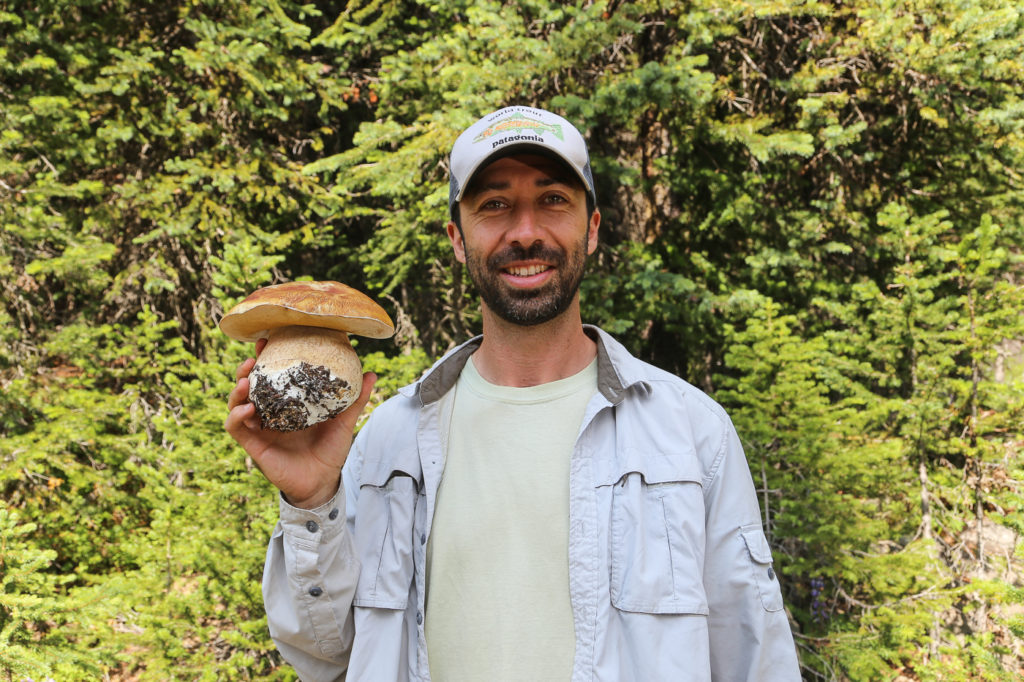I am an evolutionary biologist that has adapted to city living, but I prefer to be outside in nature. My perspective on life was certainly shaped by my upbringing in the wilds of a northern California state park, where my appreciation for nature proliferated. Photography provides one more means for me to get into nature and pay attention to the fine details: arthropods and fungus in the leaf litter, watching a bird forage to bring food back to the nest, or discovering amphibians under decaying logs. Shooting the night sky gives me a lot of time during those long exposures to ponder how infinitesimally small we are – as individuals, on this speck of a blue marble floating in the blackness illuminated with billions of suns.
The best lenses in the world are arguably our eyes. Photography however provides a means for us to see the world in a way that our bionic lenses can’t: stopping motion at thousandths of a second, catching slow movements through time lapses and long exposures, or letting light burn into the sensor that is too dim for us to see. For this reason, I don’t think that “Photoshopping” is cheating (generally), if the photo isn’t over-processed and similar to results that could be achieved on film in an actual dark room. True, your eyes won’t generally see the aurora borealis as green or purple, whereas the camera will. This isn’t a “false display of reality”, it is reality through a different lens.
I try to minimize how much I process photos – and try to edit them as shortly after taking them as possible – to recreate the scene as close to the reality that I witnessed and remember. I’m not going to blow out the vibrance and saturation of a photo to make it look surreal and capture your attention with falsely brilliant colours. I hope my photography inspires you to appreciate the natural world a little more, and provides you with a new perspective with which you haven’t seen something before.
